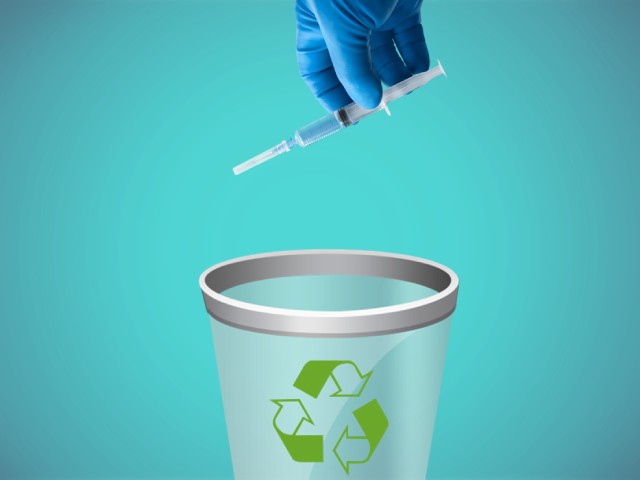
The pharmaceutical industry is one of the most advanced medical sectors in the world. However, technological advancements come with a large environmental footprint. Fortunately, recycling offers a way for pharmaceutical companies to mitigate their impact on the planet while providing critical healthcare. Check out these things that the pharmaceutical industry can recycle.
The pharmaceutical sector actively recycles medical supplies. Specialized programs exist for recycling items like IV bags and tubing made from polyvinyl chloride (PVC). Recycling these materials reduces the demand for virgin PVC and minimizes medical waste in landfills. These initiatives can also lead to novel uses for recycled materials, contributing to a circular economy.
Solvents support pharmaceutical manufacturing and research but can pose environmental hazards if companies don’t properly manage them. Recycling solvents reduces waste and keeps them out of the environment. Resource conservation is another reason why pharmaceutical companies should recycle solvents. They can reclaim and reuse solvents multiple times, decreasing the demand for new solvent production.
Laboratory instruments and machinery in pharmaceutical research and production often contain recyclable metals. These instruments include metals such as stainless steel, aluminum, and even rare metals like platinum.
Recycling these materials reduces the need for energy-intensive mining and extraction, which can have detrimental environmental effects. Pharmaceutical companies can contribute to resource conservation and minimize their environmental footprint by reclaiming metals from outdated or broken equipment.
Businesses in the pharmaceutical industry can recycle electronic waste. These professionals rely heavily on technology, from computers to servers, to conduct research and manage operations. These electronic devices have a finite lifespan and eventually need disposal.
Instead of sending them to landfills, companies can recycle electronics to retrieve valuable materials like gold, silver, and copper for reuse in new devices. Specialized E-waste recycling programs will safely manage hazardous substances such as lead and mercury.
Packaging ensures the safe and effective delivery of medications to patients. However, packaging materials can generate substantial waste. Fortunately, many packaging materials—paperboard boxes, plastic containers (HDPE and PET), glass bottles and vials, and aluminum foil—are recyclable.
Pharmaceutical companies can work with packaging suppliers and recycling facilities to establish efficient recycling processes for these materials.
Professionals in the pharmaceutical industry have numerous opportunities to make a positive environmental impact. Companies can contribute to a healthier planet by integrating recycling into everyday operations!
24World Media does not take any responsibility of the information you see on this page. The content this page contains is from independent third-party content provider. If you have any concerns regarding the content, please free to write us here: contact@24worldmedia.com